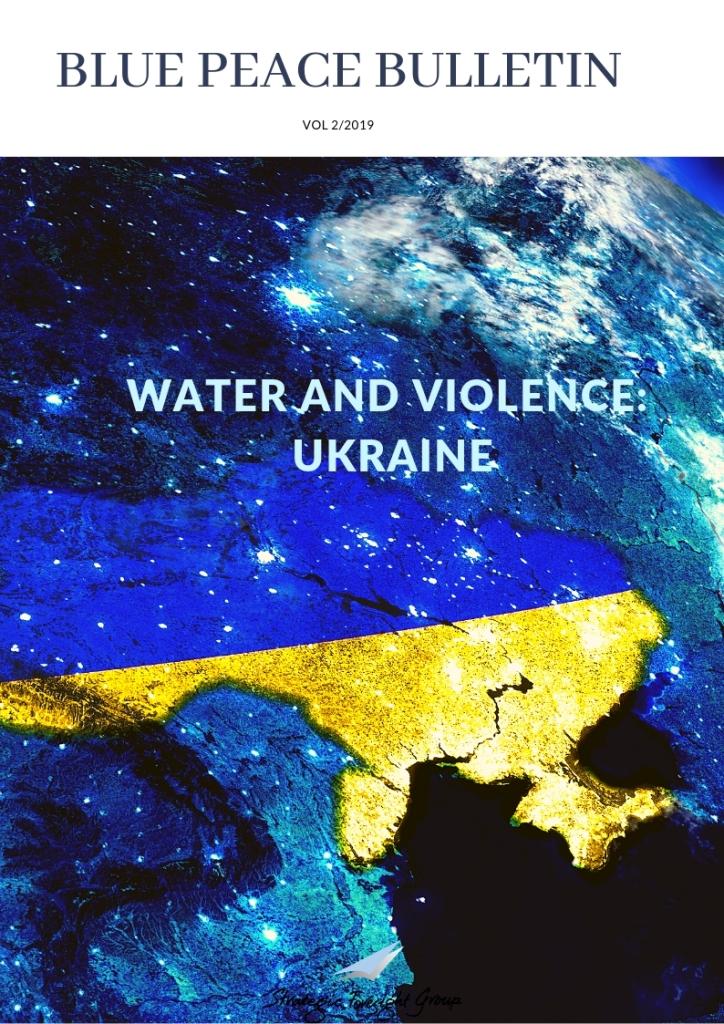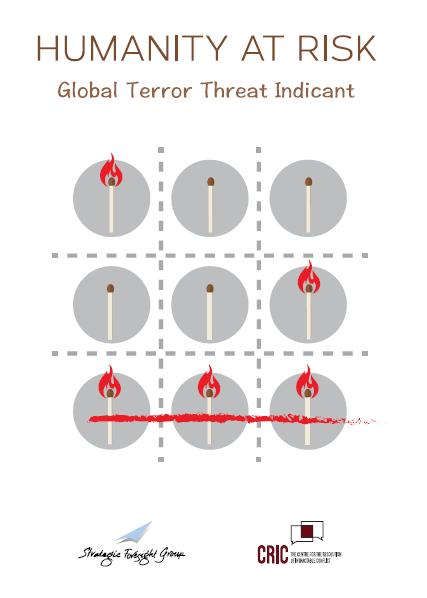India and Sri Lanka: The Tamil Connection in a Post-Conflict Sri Lanka
|
|
October , 2008
By Brian Orland
|
In Sri Lanka, the majority Buddhists have backed a consensus to militarily defeat the minority Tamil's twenty-five year old insurgency. This time the Sri Lankan state may have finally amassed enough military strength and political will to flush the insurgents out of their northern Sri Lankan jungle hide-outs. A quarter century long insurgency may end very soon
If it does, Sri Lanka's road back to normalcy and prosperity stretches ahead. Once hostilities are concluded, Sri Lanka faces the post-conflict humanitarian challenges of demobilizing insurgents and paramilitaries and rehabilitating a slew of people affected by the war including hundreds of child soldiers and half a million internally displaced peoples. India, above all other countries, is best positioned and served by helping Sri Lanka overcome these challenges.
After hostilities, the political pressures constraining India's full engagement during the insurgency will slacken. And this will be the opportunity for India to implement a characteristically Indian alternative for big country rehabilitation assistance. Rather than professing how much it deserves power within the international community, India should prove its capacity to exert big power influence in a positive way. And it should start doing so in its own neighborhood where it has the most influence and the most to gain. Post-conflict Sri Lanka offers an excellent opportunity.
The sixty million strong community of Tamils in India's southeastern state Tamil Nadu is India's vital lever in Sri Lanka. The minority community in Sri Lanka is the same ethnicity�€”the communities in India and Sri Lanka share family ties, cultural lineage, religious traditions, and the Tamil language. Tamilians are natural partners regardless of nationality. And hopefully the government and people of Tamil Nadu will recognize that it has a great capacity to help their downtrodden ethnic kin population in Sri Lanka, like political experience and a massive pool of professionals. If, the relationship between Tamils in the southern Indian state of Tamil Nadu and the Tamils in Sri Lanka is channeled into a positive and vibrant force, a previously constraining force on Indo-Sri Lanka relations could transform into a promising connection that draws the two countries closer together.
In the political sphere, political parties in Tamil Nadu need to support a politically-engaged class of Sri Lankan Tamils by offering their experience of working within a federated system. Who better than Tamil Nadu politicians for teaching a new Tamil political class in Sri Lanka how to assert regional influence on a central government? Tamil Nadu political actors should take up the task of educating and networking with their fledgling counterparts in Sri Lanka.
For rehabilitation assistance, Tamil Nadu's vast pool of professionals can do much to help Sri Lankan Tamils to regroup and get back on their feet. Tamil Nadu needs to recognize its unique capacity to satisfy several niches in the post-conflict rehabilitation framework. Sri Lanka will need Tamil speaking professionals to help rehabilitate, reorganize, and retrain the most disaffected sections of its population, which is essential to avoid an undercurrent of resentment against the Sri Lankan state. Tamil Nadu should send to northern and eastern Sri Lanka a small army of agronomists, psychiatrists, teachers, physicians, social workers, and technical instructors with the financial backing of the Centre government.
For instance, Tamil Nadu should send a mass of teachers across the Palk Straits. From April 2006 onwards, schools in northern and eastern Sri Lanka have been converted into homeless shelters for IDPs, causing an estimated 135,000 students to miss out on education. UNICEF's division of the school day into morning for the locals and afternoons for the IDPs has tried to minimize the losses of education during war time, but the losses have still been immense: An estimated 300,000 children have been affected by the conflict. So, Sri Lankan Tamils need the manpower and expertise of Tamils from Tamil Nadu to, among undertaking other educational initiatives, quickly design remedial programs targeting older kids and young adults who missed out on basic educational lessons as young children. The success of developing educational capacity in Sri Lanka�€™s war-torn parts will be essential in determining to what extent the populace recovers from the stunting effects of war on their livelihoods and future prospects. Tamil Nadu�€™s support can go a long way in developing this capacity as fast as possible
Tamil Nadu has to gain considerably from its post-conflict assistance to Sri Lankan Tamils. Not only will they be helping their kin ethnic population when their help is needed most, but they will also ease and eventually reverse the flow of Sri Lankan Tamils taking refuge in Tamil Nadu. The overall impact from the refugees on Tamil Nadu is negative�€”adding to the masses of impoverished, competing for local jobs, consuming government finances, and potentially creating a law and order problem. A steady flow of refugees back to Sri Lanka would ease tensions where the refugees have gathered in Tamil Nadu.
India's committed efforts to post-conflict rehabilitation by drawing on the professional resources of its Tamil Nadu constituency is one way to Sri Lanka's strategic heart. This is a heart that is currently captured by China and Pakistan and their consistent flow of firepower. India cannot prolong its strategic distance from Sri Lanka beyond the conflict's duration without fear that Sri Lanka's tilt elsewhere will become entrenched.
Related Publications
Related latest News
Related Conferences Reports
-

P5 Experts Roundtable on Nuclear Risk Reduction
Download:Geneva Roundtable Report
-

Roundtable on Global Security and Catastrophic Risks
Download:Report on RT revise





